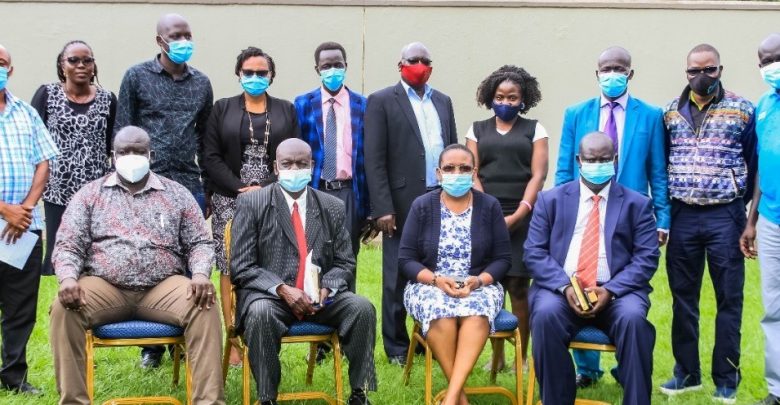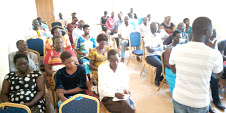
By Gladys Achen
Geoffrey Ariko, Lira District Biostatistician says that because of a multispectral approach that has brought on board religious, cultural and political leaders under the Advance Family Planning Initiative (AFP), championed by Reproductive Health Uganda (RHU) the increase in use of long-term family planning methods is on the rise.
LIRA CITY-UGANDA: Ugandans in Lango – sub region are planning their familieswith long term methods than before. New data from districts of Lira and Dokolo in Lango sub region Reproductive Health Uganda (RHU) says access to long-term family planning methods has increased remarkably in most parts of last year compared to 2019.
According to Agnes Apio, RHU Advocacy Coordinator for northern Uganda, the increase in the use of long-term family planning methods could be linked to awareness messages promoting family planning, under the “Advance Family Planning (AFP)” initiativeas a preventive measure against unwanted and unplanned for pregnancies.
The most commonly used long- term methods includeimplants, male sterilizationand Intra Uterine Devices (IUD)-copper T in Lira district. The number of people using implants for three and five years respectively stands at 8295 and 4715, while 4935 females use IUD -copper T out of 103,888 adult women. At least 19 men were sterilized in the last one you’re compared to none reported in 2019.
Geoffrey Ariko, Lira District Biostatistician says that because of a multisectoral approach that has brought on board religious, cultural and political leaders under the Advance Family Planning Initiative (AFP), championed by Reproductive Health Uganda (RHU) the increase in use of long-term family planning methods is on the rise.
In Dokolo district Samuel Ojok, District Health Officer admitsthe usage of long-term family planning methods among married women between 15 to 49 years stands at 43.8% out of a population of 90,000 women.
Most citizens cite long-term family planning (FP) methods or the use of permanentFP methods (57.4 % and 50.9 in Lira and Dokolo districts respectively), as one way of protecting themselves and others from unwanted, unplanned and sexual infections, more than any other method.
This is followed by the use of short term methods averaging 48% in Oyam, Dokolo and Lira districts and access to health Centre’s for Family planning averaging at 45.5%. The short-term methods commonly used include injectables for three months long, condoms and pills in Lango sub region.A smaller number mentioned the use of IUD hormonal and bilateral tubal litigation (BTL). These are all cited by more Ugandans from Lango sub region in the period between 2019 and 2020.
Rt. Hon. Joe Olang Erick, Lango Chiefdom’s second Deputy Prime Minister in charge of Peace, Unity, Reconciliation and Social Programs says a deliberate effort to promote access to family planning use in the region is currently championed by all cultural and community leaders to reduce teenage pregnancies and prevent unwanted pregnancies.
Uganda’s National Development Plan III prioritizes human capital development with a reduction in teenage pregnancies and having a more productive and better planned for population in Uganda.





